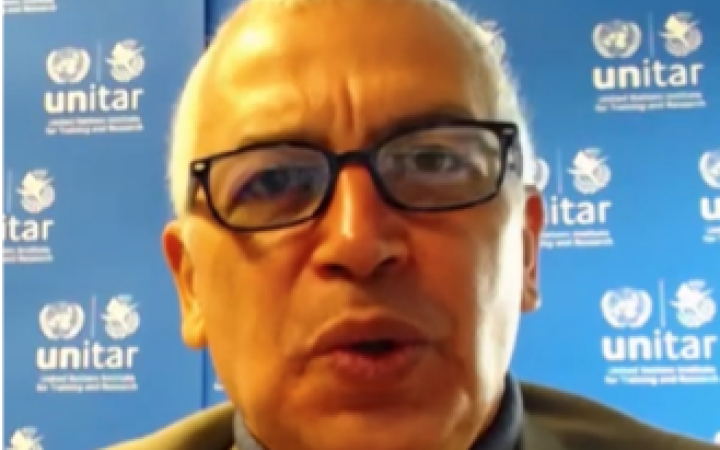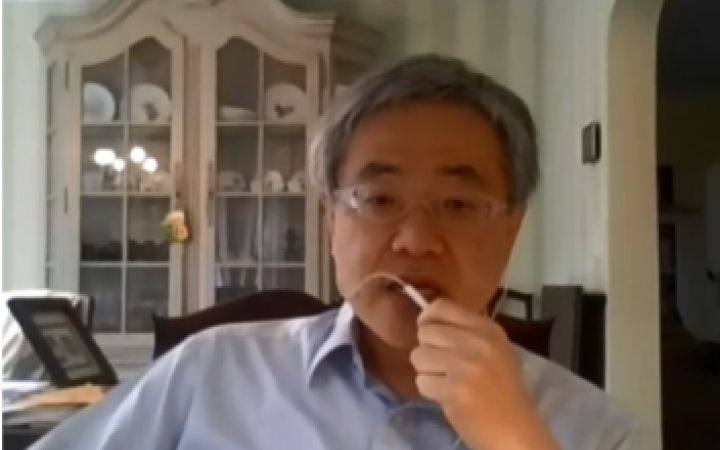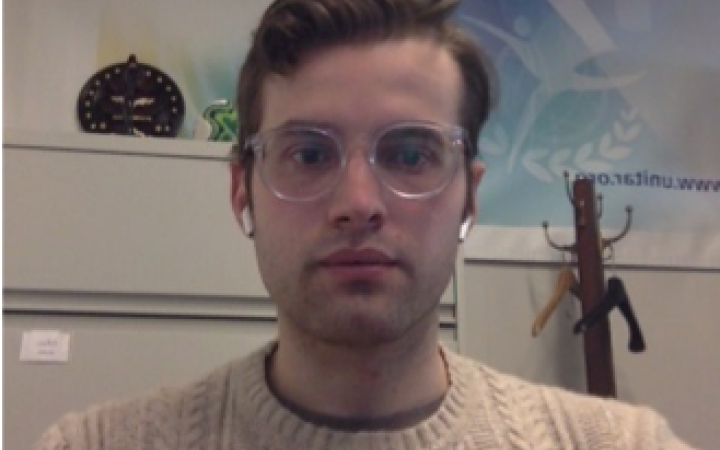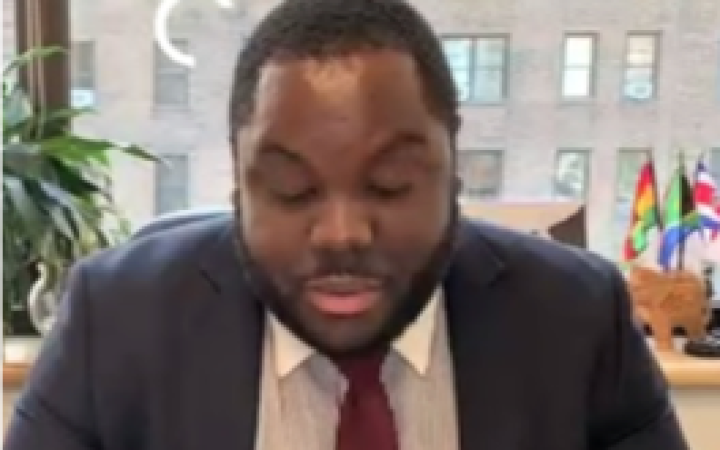7-8 April 2021, New York, USA (Virtual) - The United Nations Institute for Training and Research (UNITAR) successfully delivered its skills-building workshop “Elections to UN Organs: Workshop for Election Officers” from 7-8 April 2021. The two day-long workshop consisted of five sessions. It included UN staff and elections officers with the aim to help delegates better understand the election processes and procedures of various United Nations organs. This activity is supported under the programme “Levelling the Playing Field”, with funding allocated from the Swedish International Development Agency’s (Sida) contribution to the UNITAR Strategic Framework Fund. UNITAR is grateful to Sida and other contributors for supporting the SFF. The SFF was established by the UNITAR Board of Trustees in 2018 to support projects and activities that respond to needs of developing countries and in particular the least developed countries, African countries, the small island developing States and countries in and emerging from conflict, in order to strengthen capacities to achieve the Sustainable Development Goals (SDGs). The workshop was attended by more than 90 delegates.
The workshop kicked off with opening remarks by Mr. Marco A. Suazo, Head of UNITAR New York Office, who spoke to the participants on how integral this workshop is for the UN community. Mr. Suazo then introduced the workshop’s first speaker, Mr. Kenji Nakano (Chief, General Assembly Affairs Branch) who gave participants an overview of principal UN organs and elections conducted by the General Assembly. During this session, Mr. Nakano spoke on matters such as the distribution of seats in UN organs and the General Assembly, specifically the distribution which allows for equitable regional representation. This was followed by an in-depth session, led by Ms. Tomoko Iwata (Legal Officer, Office of Legal Affairs (OLA)) and Ms. Rachel Stein-Holmes (ECOSOC Affairs Branch). Together, they presented key elements of rules and procedures for elections and voting at ECOSOC and other subsidiary organs. This included specific mandates, as well as practices and procedures in the context of the COVID-19 pandemic.
The second session of the workshop was presented by Ms. Alexia Poriki (General Assembly Affairs Branch). Ms. Poriki provided an overview of the e-deleGATE Portal “CandiWeb” to help trace the formal submission process for candidacies. She also presented features of the e-deleGATE Portal, such as how you can identify key sources of information on elections, including the focal points in secretariats of the main UN bodies. Ms. Poriki also showcased all the online resources available to delegates on CandiWeb. This concluded the first day of the workshop.
The second day of the Elections to UN Organs was moderated by UNITAR New York Office Programme Coordinator, Mr. Pelayo Alvarez. Mr. Alvarez began by welcoming everyone back that had attended the first day of the workshop the day prior. The first section of the second day began with Mr. Jochen De Vylder, Human Rights Officer, Office of the High Commissioner for Human Rights, New York Office. He provided an overview of elections conducted in the UN Secretariat, treaty body members and their role, and how members are consequently chosen. To close out the session he concluded by going over candidate registration bodies. Yielding the floor to Ms. Blanca Montejo and Mr. Davey McNab, Representatives of (SCAD) of DPA, they continued the day with a brief overview of the Security Council and their communities. The election chairs of Sanctions Committees, and the Security Council Selection shortlist were briefed followed by a quick question and answer section for participants needing further details on specific topics covered.
The last session of the day, had a “Ted Talk” Format and focused on running campaign elections in a digital world held by Mr. Kavoy A. Ashley, First Secretary and election officer at the Permanent Mission of Jamaica to the United Nations; Ms. Vilde Vaeroynik, Senior Election Officer Permanent Mission of Norway to the United Nations; Ms. Yuval Geva, Advisor, Israel Permanent Mission of Israel to the United Nations; Ms. Rasha Al-Katta, Second Secretary, Permanent Mission of Canada to the United Nations. They all made individual contributions through their presentations ranging in topics that included campaigning elections, planning or preparing for a campaign, assembling relevant election information, and understanding the process of campaigning for elections. The moderator, Mr. Alvarez, then opened the floor to participants questions at the conclusion of their helpful presentations. Questions were asked concerning how this new digital era of work from home has impacted elections throughout the UN system and its processes. The day was then concluded by Mr. Suazo, who gave closing remarks acknowledging a pertinent and informative workshop.






